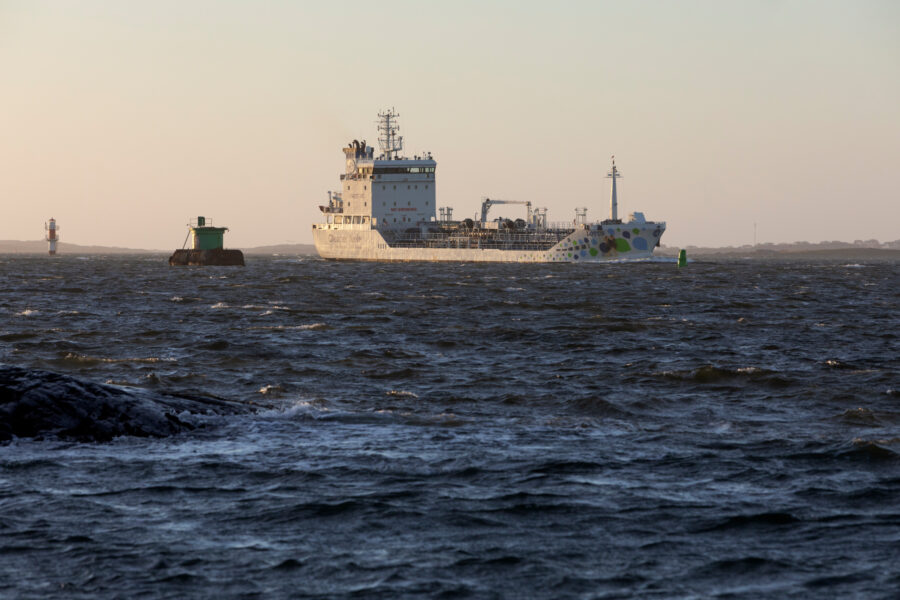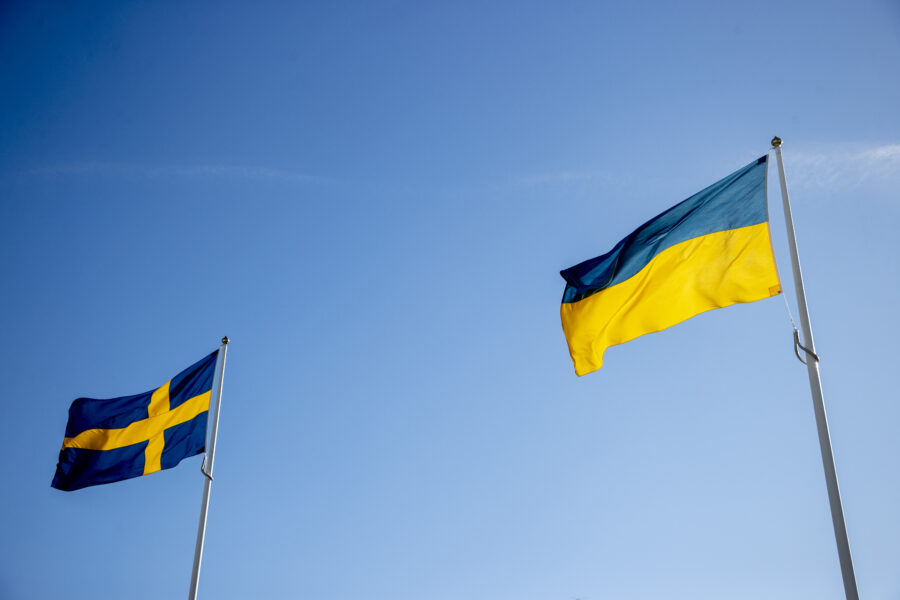The Swedish Institute’s activities in the Baltic Sea region aim to contribute to the overarching goals of the EU Strategy for the Baltic Sea Region: saving the sea, connecting the region and increasing prosperity. Additionally, the Swedish Institute works to strengthen democracy, increase respect for human rights, and promote rule of law in the countries of the EU’s Eastern Partnership. The cooperation is also intended to increase integration between the EU’s Baltic Sea countries and those in the Eastern Partnership.
The Swedish Institute funds exchanges and cooperations for both individuals and organisations. Through leadership programmes, grants for project cooperation, and scholarships, the Swedish Institute helps to build capacity, networks, and long-term relationships and cooperations between Sweden and other countries in the Baltic Sea region.
Our work in the Baltic Sea region can include Armenia, Azerbaijan, Belarus, Estonia, Georgia, Latvia, Lithuania, Moldova, Poland, Sweden and Ukraine. Denmark, Finland and Germany can sometimes be included. Note that the Swedish Institute has suspended all financial support to public-sector actors in Belarus.
Our project funding programmes
The SI Baltic Sea Neighbourhood Programme funds projects aimed at strengthening and creating lasting cooperations between the EU countries around the Baltic Sea and countries of the EU’s Eastern Partnership to address the region’s common challenges and capitalize on the opportunities that cooperation between countries brings.
The SI Creative Partnerships Programme provides support to Swedish organisations and their international partners in civil society, the cultural-, and media sectors. The programme enables cooperation projects with a focus on democracy, human rights, and freedom of expression.
Individuals from selected countries in the region can participate in several of SI’s leadership programmes, which focus on areas such as entrepreneurship, sustainable business, public administration, and peaceful and inclusive societies.
SI offers a scholarship opportunity to individuals from a number of countries in the region for full-time master’s studies at Swedish higher education institutions through the Swedish Institute Scholarship for Global Professionals. SI scholars are also part of the SI Network for Global Professionals – a network aimed at building long-term relationships between Sweden and the scholars.
SI supports Ukraine
For many years, Ukraine has been included in SI’s grants for project cooperation, leadership programmes, and scholarship activities. Through SI’s work, extensive contacts have been established between Swedish and Ukrainian organisations. These contacts, and SI’s extensive experience in the region, enabled the agency to quickly complement existing support following Russia’s full-scale invasion, announcing special support for Ukraine such as crisis support for cultural actors, special calls for project grants, and support for SI alumni in Ukraine, including former SI scholarship holders and participants in SI’s leadership programmes.
When the Swedish government’s strategy for Ukraine was presented in the summer of 2023, SI was tasked, alongside the Folke Bernadotte Academy (FBA) and Sida, with contributing to the reconstruction and reform efforts in Ukraine. These efforts aim to make Ukraine freer, safer, greener, more democratic, resilient, and economically prosperous. EU integration is a central part of this strategy.
Support directed to Ukraine
Efforts to support Ukraine’s reconstruction and EU integration take place primarily through the new SI Ukraine Cooperation Programme, which is directed to Swedish actors and their partners in Ukraine. The country’s needs in areas such as democracy, human rights, and economic development are great and must be addressed in both the short and long term. The programme’s goal is therefore to contribute to inclusive economic development, entrepreneurship and trade, as well as human rights, democracy, the rule of law, and gender equality.
At the same time, Ukraine remains included in our other grants for project cooperation such as the SI Baltic Sea Neighbourhood Programme, the SI Creative Partnerships Programme, and several of our leadership programmes as well as the Swedish Institute Scholarship for Global Professionals.



